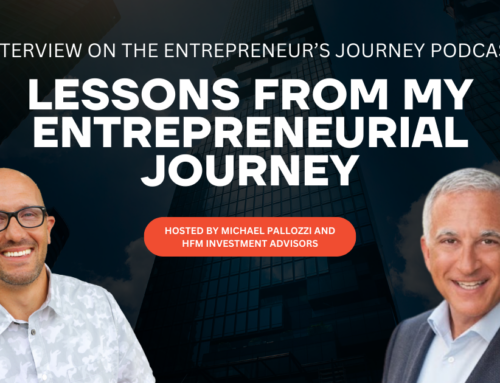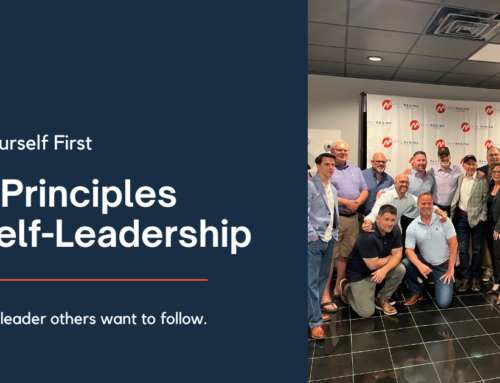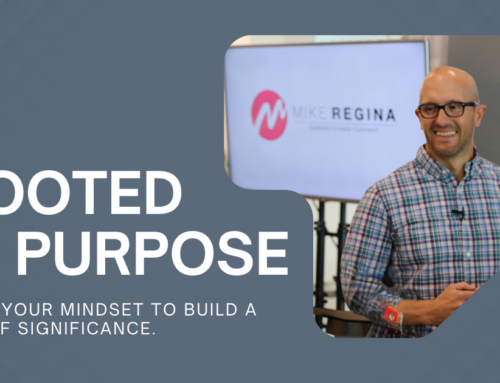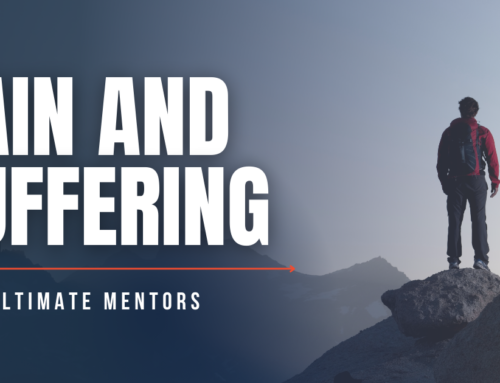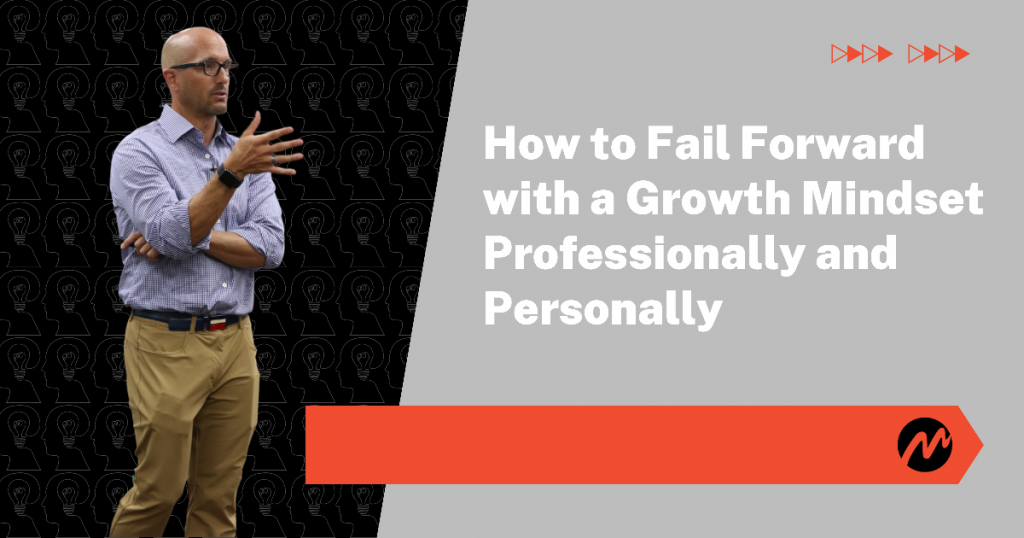
How to Fail Forward? “Adopt a Growth Mindset.” “Leave your fixed mindset behind and take on a growth mindset.” “Failure is not an option.” “Failure is not an option.” We’ve all heard these quips before and likely spent less than a minute contemplating what they mean. On the surface, the advice seems simple: you either feel stuck—fixed—or you grow. Not much else to understand, right?
On the contrary, I believe it should be every business executive’s goal to spend some time thinking about what these terms mean and how they can be applied in their lives and leadership because these terms aren’t just about growing versus standing still. They are about one of my favorite subjects: failure. Let’s start by reviewing how these two characterizations of mindsets came about in the first place.
It’s All About Failure
Over 30 years ago, psychologist Carol Dweck and her colleagues became interested in students’ attitudes about failure. After studying and conducting interviews with thousands of children, Dr. Dweck’s team noticed that some students rebounded after setbacks and failures, while others seemed much more devasted. Those who rebounded considered the setback a part of the process. They continued the effort. They tried again. Those who were more devastated by the setback were less able to move forward. They looked at the situation as a problem, not as an opportunity. If a third-party comment could be perceived negatively, they took it as criticism instead of feedback.
Dr. Dweck’s team wanted to know what prompted these students to view the same obstacles so differently. They coined the different approaches as a “growth mindset” that viewed obstacles positively versus a “fixed mindset” that found obstacles to be more upsetting to their path.
Dweck’s research went on to show just how detrimental a mindset can be to future growth and opportunity. Fixed-mindset individuals dread failure because it is a negative statement on their basic abilities. In contrast, growth mindset individuals don’t mind or fear failure as much because they realize their performance can be improved, and failure can lead to learning. Dweck’s definition of fixed and growth mindsets was reiterated in a 2012 interview:
Students believe their basic abilities, intelligence, and talents are just fixed traits in a fixed mindset. They have a certain amount, and that's that, and then their goal becomes to look smart all the time and never look dumb. Students understand that their talents and abilities can be developed through effort, good teaching, and persistence in a growth mindset. They don't necessarily think everyone's the same or anyone can be Einstein, but they believe everyone can get smarter if they work at it.
In business, we are faced with setbacks and obstacles all the time. How do you and your team handle them? What leadership qualities can you bring to the dilemma to make sure those on the team stay motivated and don’t feel the weight of a “problem” that could easily be cast as an “opportunity.”
Because failure – and more importantly, overcoming failure – are such critical topics close to my heart, I want to spend a few sessions on this. First, I want to dispel the myth that your (or your team’s) failure must be more significant than everyone else’s. Perhaps you or your team feel this failure is greater in magnitude than history has witnessed. It’s time to quit. This one is just too big to overcome.
Your Failure Isn’t the End; In Fact, It’s Probably a Good Thing. It's About How to Fail Forward.
One of my favorite quotes on failure comes from Alex Rodriguez, also known as A-Rod, one of the greatest baseball players of all time. As he shared on a recent Shark Tank episode, “I have a Ph.D. in failing, but a Master’s in getting back up.” Another excellent view on failure comes from C.S. Lewis: “failures, repeated failures, are signposts on the road to achievement. One fails forward toward success.”
In business, some of the most successful people are those who have failed but picked themselves and/or their team back up. They considered the failure merely a signpost. They failed – perhaps even miserably – but they knew how to fail forward, in that they didn’t quit. They knew the next stage was going to be even better.
Think Steve Jobs, who was fired from Apple. He created the wildly successful Pixar company and was later re-hired by Apple, eventually leading it to be the most valuable company in the world. Oprah was publicly fired from her first television job as an anchor because she was “too emotionally invested in her stories.” She’s now one of the most-admired hosts in television history and one of the richest women in the world. Walt Disney was fired from the Kansas City Star because his editor felt he “lacked imagination and had no good ideas.” Steven Spielberg was rejected by the University of Southern California School of Cinematic Arts multiple times.
And perhaps one of the most celebrated figures to obtain “a Ph.D. in failing” was Abraham Lincoln. Lincoln failed in business at 21, lost a legislative race at age 22, failed in business again at 24, and lost a congressional race when he was 34. At 45, he lost a senatorial race. And he failed in an attempt to become Vice President when he was 47. But he was finally elected President of the United States at age 52, and to this day, he is admired as one of the greatest U.S. presidents and leaders of all time.
Nearly everyone can relate to someone on this list. But we all have the temptation to forget the hard times and the failures these people went through. And we tend to think our hardships and failures are extraordinary.
I’m here to tell you they are not. Successful people fail. And they are better for it. The people I would put my money on have failed miserably and repeatedly. Here’s what matters: they got back up. And they learned from their failures.
In the next passage, we will dive deeper into how to get up after that failure, and that second failure, and that third. Until then, I want you to think about how your previous failures may have been positives – and if not, how can you make them positive?
Go Forth and Conquer! #LetsGo

